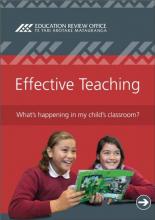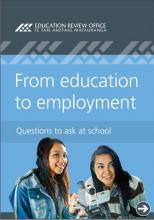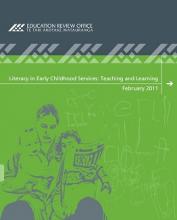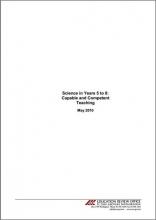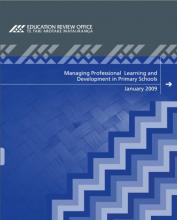Use of Equity Funding in Pacific Early Childhood Services
This national report is about how effectively 15 Pacific early childhood services used Equity Funding to increase Pacific children's participation and support them to develop their language, culture and identity.
We have also published a companion report - Use of Equity Funding in Early Childhood Services.




